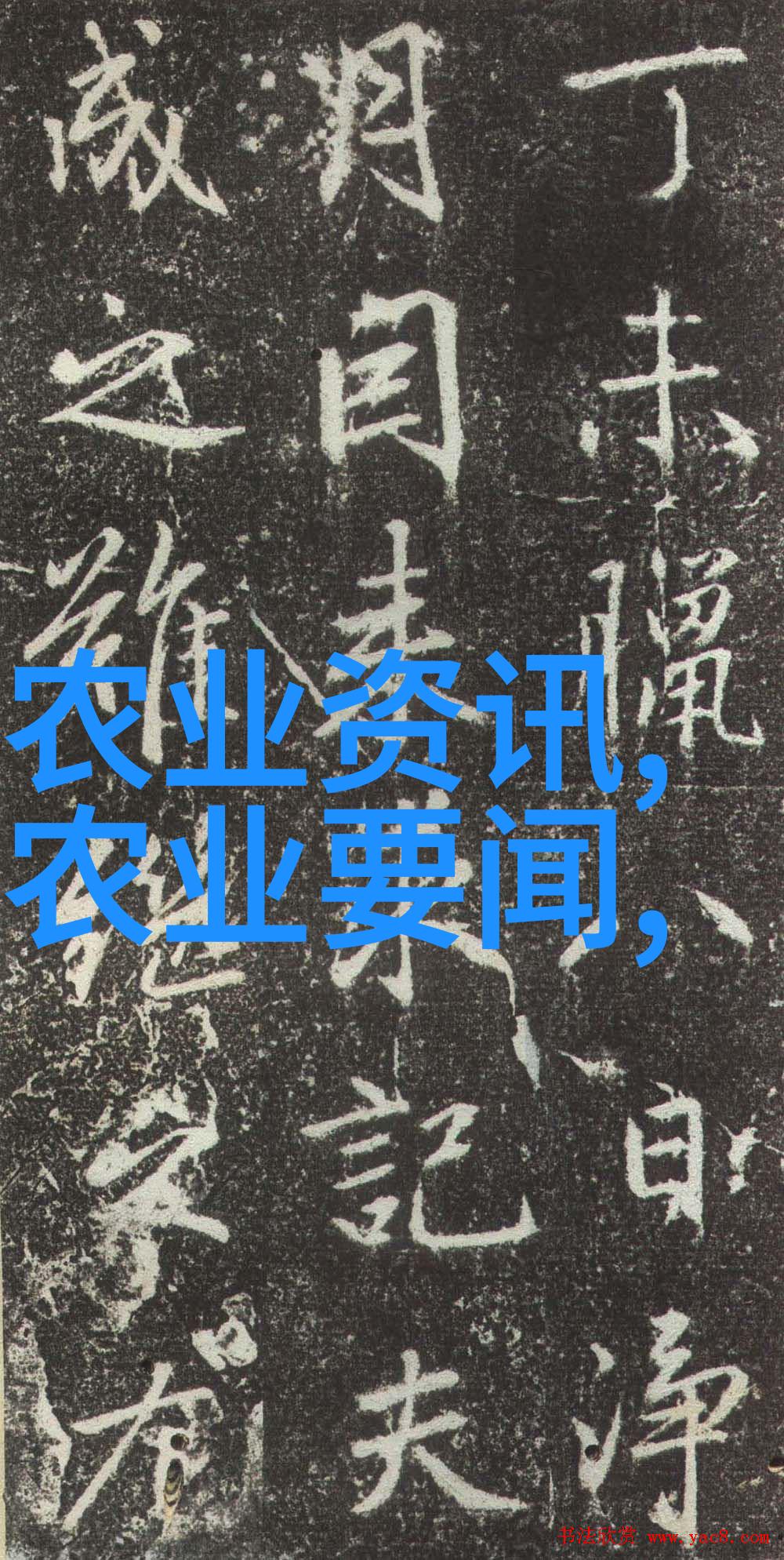您现在的位置是: 首页 - 农业资讯 - 民法典物权法- 它是如何塑造现代物权关系的 农业资讯
民法典物权法- 它是如何塑造现代物权关系的
2024-12-07 【农业资讯】 0人已围观
简介在中国,民法典《物权法》是对现代物权关系进行规范的重要法律文件。它不仅为物权的形成、转让、限制和消灭提供了明确的法律规定,还对物权人与无权利人之间的相互关系进行了详细规定。 近年来,一则引起广泛关注的案例涉及到一位老板和其员工之间关于公司车辆使用权限的问题。根据民法典《物权法》,公司所有的车辆属于企业财产,员工无权独立处置。但是在实际工作中,如果员工因公务需要使用公司车辆
在中国,民法典《物权法》是对现代物权关系进行规范的重要法律文件。它不仅为物权的形成、转让、限制和消灭提供了明确的法律规定,还对物权人与无权利人之间的相互关系进行了详细规定。

近年来,一则引起广泛关注的案例涉及到一位老板和其员工之间关于公司车辆使用权限的问题。根据民法典《物权法》,公司所有的车辆属于企业财产,员工无权独立处置。但是在实际工作中,如果员工因公务需要使用公司车辆,这种情况是否构成“合理使用”,从而触发《物权法》中关于被担保人的责任规定?
在这个案例中,法院 ultimately ruled that the employee's use of the company car for official business was a legitimate exercise of their work duties, and therefore did not violate the employer's property rights. This decision highlights the importance of understanding how to balance individual needs with property rights in accordance with the provisions of the Civil Code.

Another case involved a dispute between two neighbors over a shared fence. One neighbor wanted to remove part of the fence to expand their garden, while the other neighbor insisted that it should remain intact. The court had to apply Article 36 of the Property Law, which states that "a person who has occupied or used another person's land without permission shall compensate for any losses caused by such occupation or use."
In this case, after considering both parties' arguments and evidence presented, including photos and witness statements, it was determined that one party had indeed made unauthorized changes to an existing shared fence without consulting their neighbor. As such, they were required by law to pay compensation for damages incurred as per Article 36.

The examples above illustrate how key provisions from China’s new civil code regarding property law can be applied in real-life scenarios. They demonstrate how legal interpretations can have significant implications on individuals’ daily lives and highlight why understanding these regulations is crucial.
With its comprehensive coverage and clear guidelines on various aspects related to property ownership and usage rights within China’s legal system, 《民法典《物权法》》 serves as an essential tool for all stakeholders – individuals, businesses and authorities alike – seeking clarity on matters concerning material possessions in today’s society.







